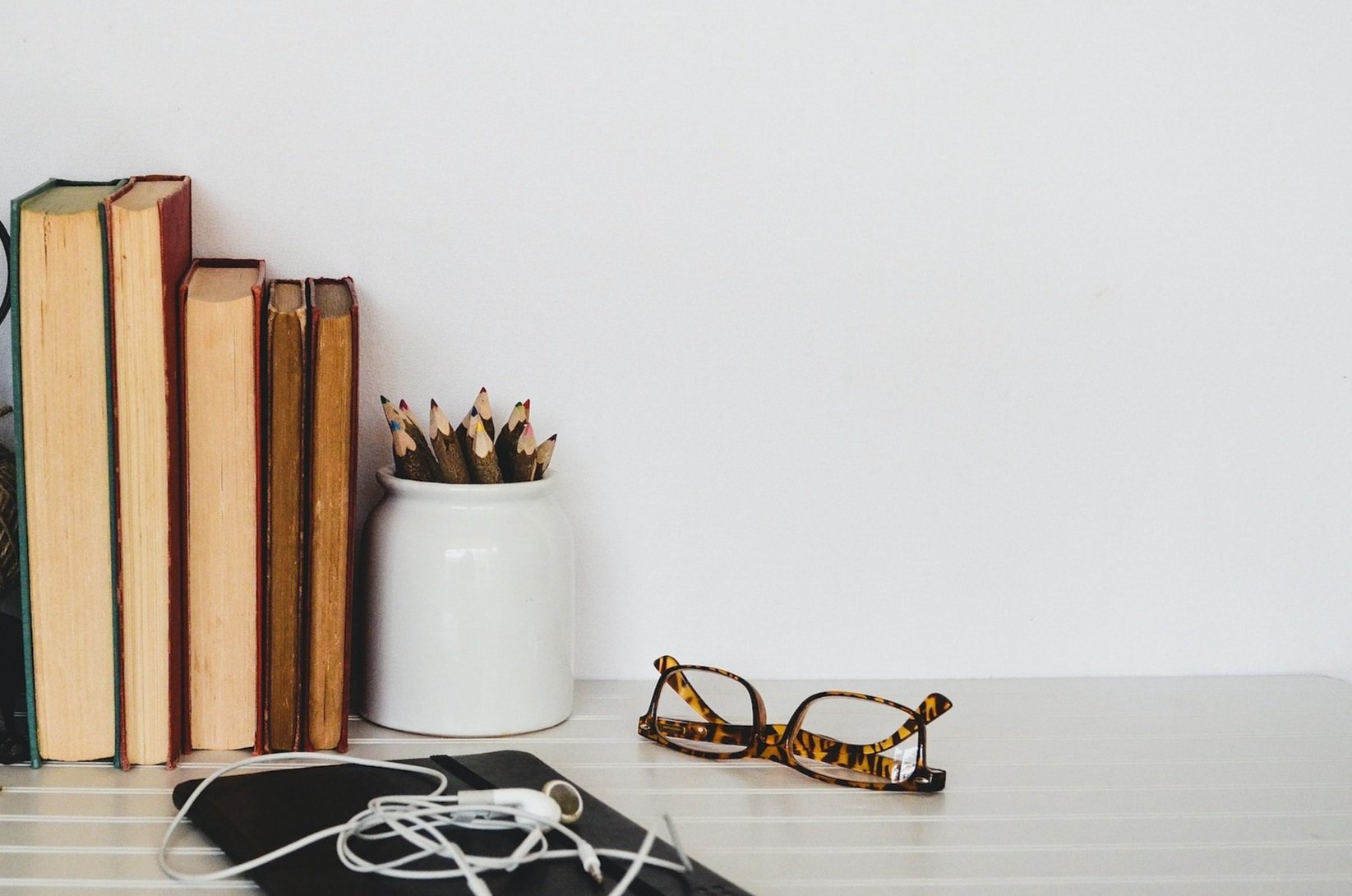Do manners really matter?
Photo by Kelly Sikkema on Unsplash
Manners are an integral part of all cultures, and every culture has its set of codes of behaviours that they deem apposite or acceptable. Manners are proper to humans; animals don’t know too much about manners unless they have been trained by a human.
I heard once that a school in the United States refuses to keep the children if they do not understand the dynamic of the simple words of “please, thank you, I am sorry, excuse me and you’re welcome.” They also need to make constant use of them. From the time they enter the school the whole process of being mannerly is taught in a way that will guide them for the rest of their lives.
Manners matter. Or do they?
Are manners the same as etiquette?
Some say good manners define you as a person, while etiquette makes you socially acceptable. Manners represent your inner self, whereas etiquette is how you portray yourself to the public.
Good manners are the main ingredient of good etiquette. Etiquette is a code of behaviour that enables us to show courtesy and civility towards others. Take the case of someone who is so engrossed in their devices that they are not aware of the people around them, or those on their phones in a public space talking in a loud voice to a friend or spouse. Nobody wants to hear that conversation!
The rules of good manners are the traffic lights of human interaction. They help us avoid crashing into one another in everyday behaviour. Good eye contact, a firm handshake, some tact and discretion are some of the hallmarks of good manners.
Courtesy goes a long way
One of the virtues essential to good manners is courtesy. Hilaire Belloc the French poet writes about Courtesy in the following lines:
“Of Courtesy it is much less
Than courage of Heart or Holiness
Yet in my Walks it seems to me that
The Grace of God is in Courtesy.”
Showing courtesy and having good manners is about more than not putting your two elbows on the table while you are eating, or using the right knife, or slurping your food and so on. The way we behave and conduct ourselves mirrors our personality. The first thing people notice about us is our smile, the way we greet others, and our eye contact. Manners define our character and influence the way we treat others whether it be our superiors, our peers, or our inferiors. One of the most important lessons in the area of manners is how to avoid being discourteous, offensive, or impolite.
Treating everyone with respect and dignity
What makes a person important or valuable is not that she is a duchess or a member of Royalty, but that she is a person and thus capable of evaluating her situation. Having good manners means respecting someone and treating them in a way that recognises their intrinsic value and dignity. These are values that are tied to what a person is, rather than what a person has done.
A person with manners will respect the feelings and sentiments of those around them, never differentiating between people and giving equal regard to all. They behave with modesty, humility and kindness towards everyone. If someone speaks badly to you, good manners will help us make the effort to control our emotions and not respond in the same way.
Society without manners?
What would it be like to live in a society where there were no conventions of politeness? For a start there would be less social harmony. And of course, this social disharmony would prevent people from regulating their behaviour according to principles of justice. We would find one another’s company less tolerable, and more likely we would get on one another’s nerves a lot more!
When we behave politely, we say something to one another. Someone who arrives for an interview for a job in a monkey suit or a clown’s outfit will surely lack credibility! The underlying message we give to people is defined by the manners we use towards them. When we treat someone rudely, we are not just behaving badly towards that person, but we are also undermining that person’s belief in their own intrinsic worth.
We all need manners
Most of us will have had some sense of ‘manners’ ingrained into our lives since we were children. They are an essential part of a morally decent life. Learning to say ‘please’ and ‘thank you’, holding a door for someone, and offering your seat to an elderly person on the bus. These are basic manners we all practise.
Good manners act as a magnet that draws people towards us and adds an extra charm which embellishes our personality and character. Manners can help us to swallow our pride and reach out more towards other people. We all want to be shown good manners…so we all need them!
